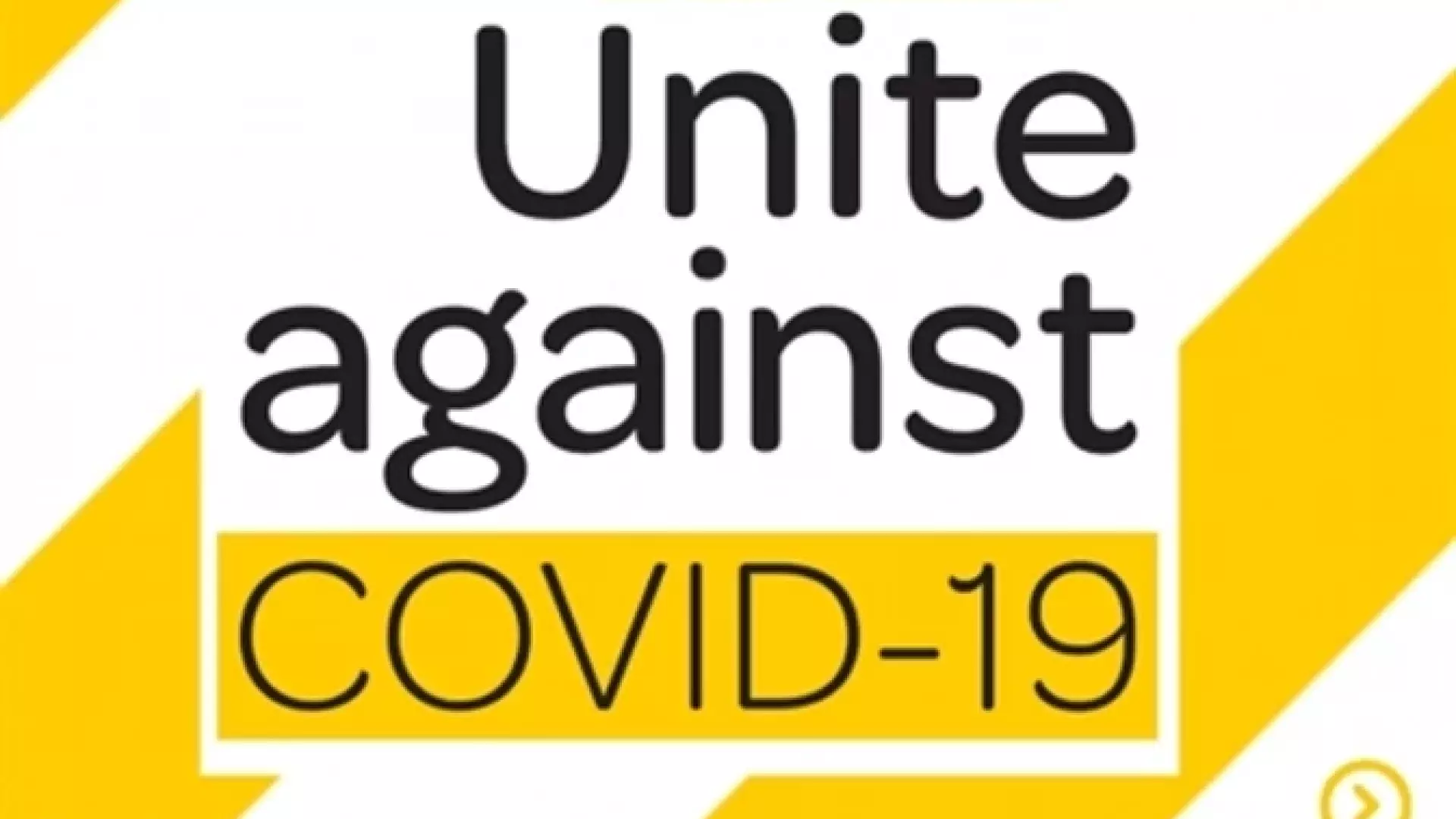Article
When Are Nannies Employees and What Does It Mean for Parents?

The Employment Complexities of Hiring a Nanny
There are currently 14 countries in the world where you don’t have to pay income tax.
New Zealand isn’t one of them. But, the country still has an enviable reputation as freedom-loving, and its elected government can raise taxes and decide how we pay them.
So, how can you ensure you’re paying your nanny correctly? What are your obligations, and are there any grey areas to exploit? Read on to find out!
Are Nannies Employees?
In almost 100 per cent of cases, the answer is a resounding “yes.” When you take on a nanny, you can’t choose whether to pay them as an employee or a contractor. The New Zealand government decides, and there are legal tests to prove the point.
Some employers deliberately try to make an employment relationship seem like an independent contracting arrangement. They do this to duck responsibility for employee entitlements. The Employment Relations Authority does and will see through the ruse.
It is possible to classify employees as contractors inadvertently. However, you’re already researching the differences between employees and contractors. You may then find it hard to convince a third party, like the Inland Revenue Department (IRD), that you’ve slipped up unintentionally. It’d look more “accidentally on purpose.”
The consequences can be severe if you pay an employee as a contractor. You could be liable for unpaid PAYE tax, minimum wages, holidays and leave entitlements. And there would likely be fines, interest to pay and other penalties on top of that.
Employee vs Contractor: the Legal Tests
Here are the four tests that the courts will consider:
- Intention
- Control vs Independence
- Integration
- Fundamental & Economic Reality
1. Intention
It’s often possible to deduce what each party intended from their written agreement. All employees must have a written employment agreement.
You’d issue a contractor with a “contract for services.” It differs fundamentally from an employment contract. Your contractor may also issue a contract for you to sign. They could outline the services you should expect and what you’ll need to pay.
Contractors don't get paid holidays or compensation for working on public holidays. Employees do.
2. Control vs Independence
Ask yourself if you’re in charge of these standard working practices:
- Job description
- Hours
- Your expectations over how tasks get carried out, including performance reviews
If you exercise significant control, your worker is likely an employee.
You wouldn’t expect a contractor always to stick to set working times. They would have the discretion to turn down hours for whatever reason. You would expect an employee to have to ask for time off work. Contractors tend to be specialists who work without close supervision or instruction.
3. Integration
Ask yourself if the type of work your nanny performs gets commonly performed by employees in other homes. The answer will almost inevitably be “yes.” That makes it more likely that you also have an employer/employee relationship with them. The words “nanny” and “contractor” on a tax return are red flags to the IRD.
You would expect a contractor rather than an employee to use their equipment to get a job done. Employees work for wages, whereas a contractor would get paid for results within an estimated timeframe.
You would expect to reimburse an employee for expenses, whereas, for a contractor, they’d be part of running a business. Employees, but not contractors, have team integration meetings like performance management chats.
4. Fundamental & Economic Reality
This takes the whole professional relationship into account.
Contractors DO:
- Supply their own tools and equipment
- Choose the hours they work and who they supply their services to
- Get paid for results and don’t receive regular fixed wages with tax deducted
- Work for multiple companies or people
- Tend to advertise for time-specific jobs regularly
- Issue invoices
- Endure more financial risk
- Register for GST if paid more than $60k per year
- Pay their own ACC
Employees DO:
- Have to get paid at least the minimum wage for all hours worked
- Tend to only work for one person
- Work regular fixed hours that their employers ultimately decide
- Have an employment contract with expected tasks and get itemised payslips
- Have employers who pay PAYE and ACC on their behalf
- Get hired to do a job and can’t hire a replacement to cover their hours
- Have employers who can performance manage them
- Typically have an entitlement to KiwiSaver contributions sorted by their employer
- Get sick pay and extra for working overtime and holidays
Parents who take on a nanny are employers and must ensure they comply with all these employee entitlements.
But I Want My Nanny to Be a Contractor (And So Do They)!
What you and your nanny may want and what is legal could be very different. It is tough to imagine circumstances when a typical nanny would not be an employee. It might be possible:
- If you never fix their hours and they work randomly
- If you have no input into how they perform their duties
- If they supply equipment & you can prove it’s essential for looking after the kids
- If they work for lots of other people and submit invoices
The difficulty is that all these conditions will tend to override the reasons you’re likely to want a nanny. And that is the crux of the matter.
By definition, a nanny is an employee with set hours and a complete job description created by you. Essentially, you are in control, their boss, and they work for you as their employer.
Sorting Out Payroll
Many parents might prefer to pay their nanny as a contractor because it would be simpler and cheaper. There would be no holiday or sick pay to sort out, no taxes to withhold or KiwiSaver contributions to manage.
The bottom line is that it’s not a choice. Nannies, like any other workers, have rights. Those rights are there to protect them from getting taken advantage of. You should pay your nanny correctly to avoid ending up in a lot of hot water.
Sign Up with Pay the Nanny Today!
There is a simple solution. That is to outsource all your payroll admin to a third party like Pay the Nanny.
We are the nanny payroll experts. We will ensure that you comply with your legal obligations as an employer for a small charge. Your nanny will get a regular payslip, and the correct tax and benefits will always get deducted.
Contact one of the team today to find out how we can help.

Creative Arts and Crafts Ideas to Keep Kids Engaged on Rainy Days

10 Easy Ways to Entertain Kids during Lockdown

The Benefits of Consistent Routines for Children and Nannies

8 Tips for Getting Childcare Sorted in 2022
